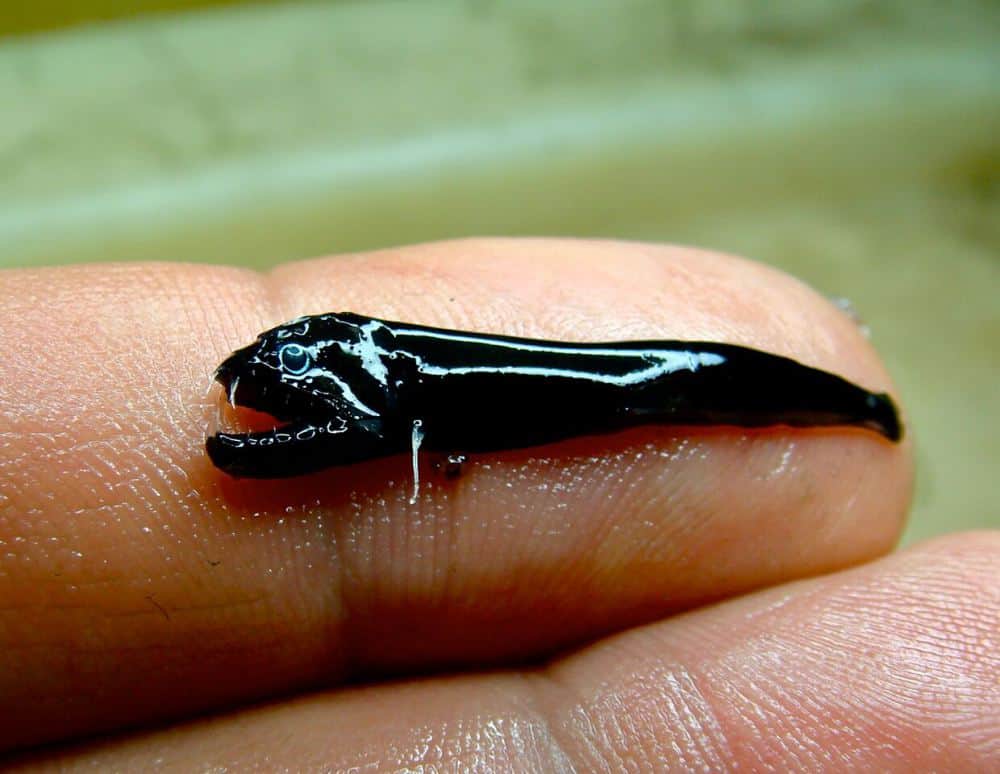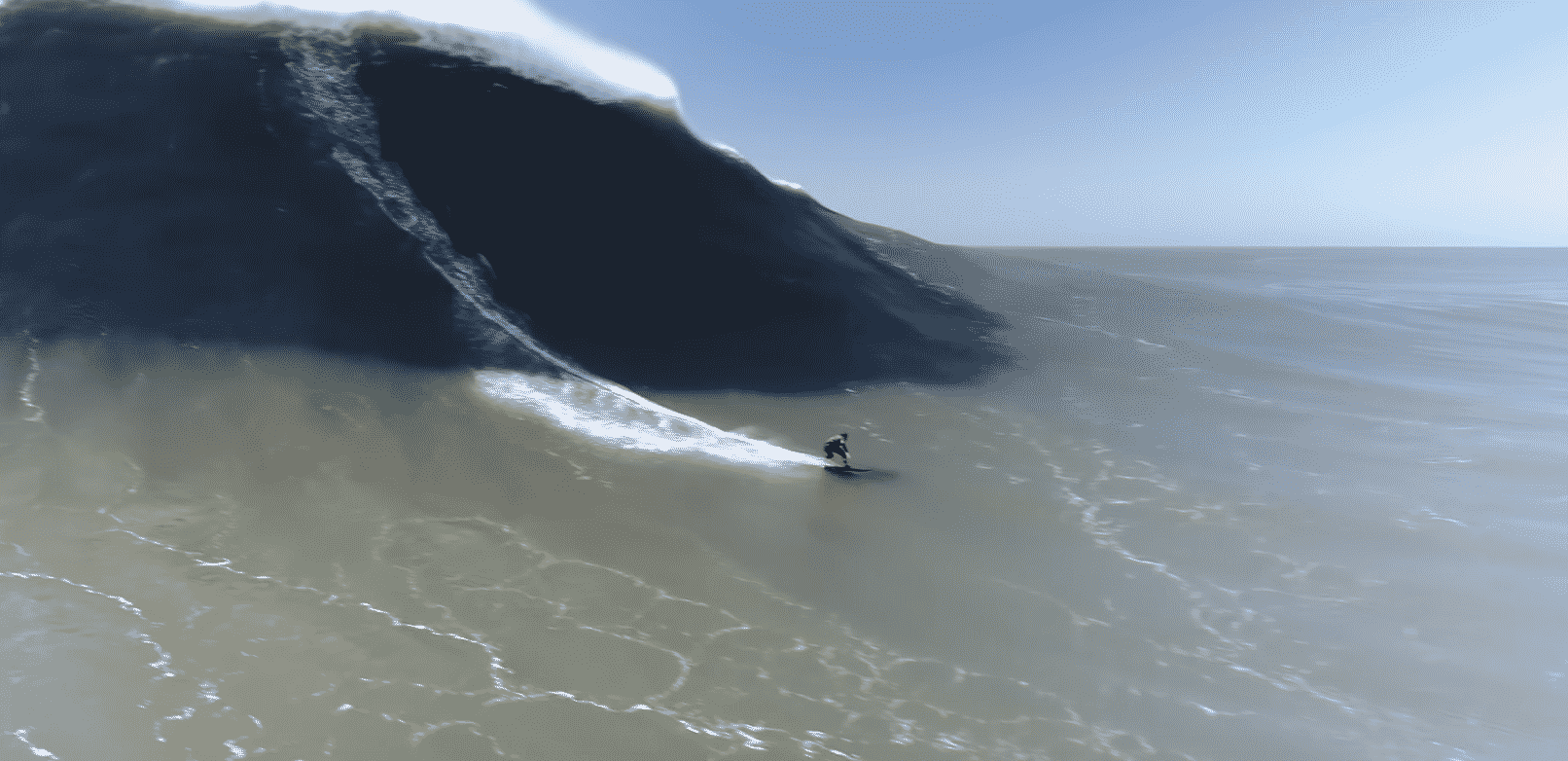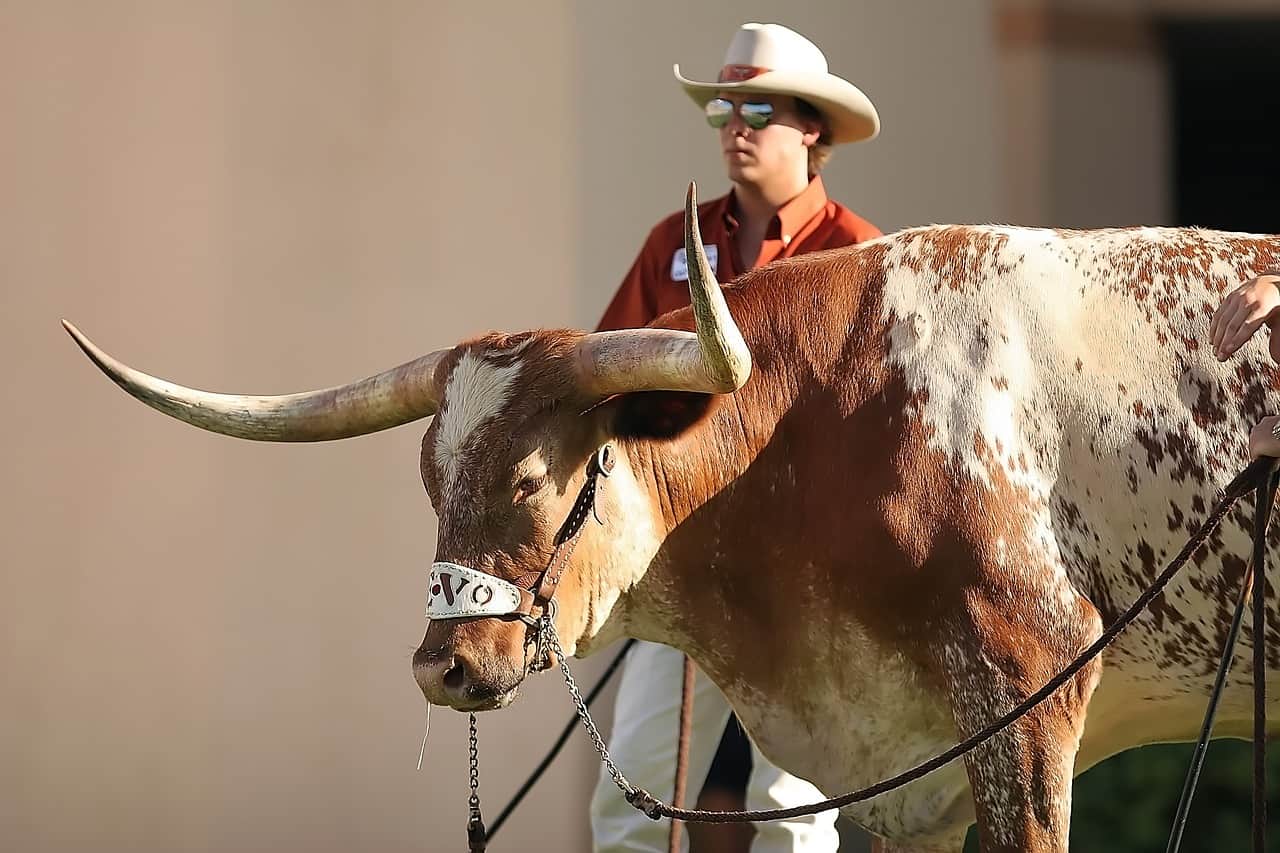
The road bends sharply to the right, and I begin to see a glow a few miles up the road. I am well familiar with this part of the drive. The town of Pulaski is a condensed epicenter of fishing driven economy. Hotel, tackle shop, hotel, restaurant, tackle shop, tackle shop, gas station, and lodge…you get the idea. At night, it serves as a beacon of proximity to weary travelers. I enter the town and see the familiar names crawl past me on the storefront signs. Nick stirs next to me. I make a handful of turns and come to a cul de sac.
There’s one house there with the lights on. Light snowfall punctuates the light and warmth emanating from inside. My friend Mark Ledden of Driftwater Fishing, who will be serving as our guide/guest for the week of fishing, has graciously opened his home to us. He’s awake. It’s late. He shouldn’t be up this late on a fishing guide schedule. That’s Mark, however. The same guy who flew back from Alaska to be in my wedding. The kind of old and trusted friend you only get through many shared experiences on the water. The door opens, he walks out, we call each other expletives, unload the gear, toast a whiskey and pass out. There are a long day and a longer week in front of us.
I loathe alarm clocks. They are rude. They lack subtlety and couth. Their screeching accompanies the flashing devil’s red hue of a sinking submarine’s emergency lighting. They also are correct and a necessity that compounds my hatred of them. It’s 4:30 in the morning, the screeching devil box is yelling at me, and Mark is already downstairs pan-frying Alaskan salmon. Mark is a morning person; I am not. I picked one hell of a vocation for a guy who loves sleep. Nick is in the other room still sound asleep. Nick’s primary occupation and passion is the creation and directing of horror/alien movies. Consequently, he thinks nearly nonstop of frightening things. Nick is a brilliant, painfully talented man. He is also incredibly imaginative. As a result, he is an adult prone to night terrors and a man very easy to startle from a dead sleep. I relish these moments and opportunities. I open the door, throw on the lights and pretend to be getting attacked by an alien. He throws a shoe at me and tells me to shut up. Good. The day has begun.

We leave the house dressed like the Michelin man before false dawn. Mark’s drift boat is hitched up. The Pelican cases are loaded with our gear. The gear is neat, perfectly, organized and rigged. Mark insists that not only we are the first to a certain spot that day, but that it has to happen with stealth. Mark operates with a precision, attentiveness, and organization that would make a drill sergeant look like a hoarder in comparison. It is not unwarranted, however. In fact, in Mark’s fishery, it is mandated.
The river is both highly pressured and the fish often have unpredictable feeding windows.
The river is both highly pressured and the fish often have unpredictable feeding windows. They are enigmatic fish. Accordingly, much of the game is about locating a body of fish then pounding them until they turn on. Getting to them first is a mandate in this situation and something that Mark has mastered. Mark launches the boat and moves the car to park as Nick, and I load the gear. It is a humid cold. There is a moist, mid-twenties warm front hovering over the area. The light is blue at this stage of the day. The river rushes by, blanketed by mist. There are a few inches of snow covering the early winter ground.
The initial excitement is tempered by the knowledge that much of this fishing is about grinding out bites and making them count when you get them. Deftly on the oars, Mark paddles hard downstream to his spot. The river widens and narrows, twists and reveals a patch of faster water emptying into a quintessential steelhead run. It flanks a high bank on one side and a gravel bar on the other. The high bank reveals the deeper broken bottom these fish should theoretically be holding in.
To most a river is a piece of moving water. To people who fish them, their surface structure reveals what is happening below the surface. Complex hydraulics churn on the surface and midwater, boulders and obstructions create breaks, seams, and food lanes. The river may be fast, but there are always pockets and edges of slower water adjacent to faster currents that will funnel the food. The fish will take advantage of these edges and seams. They will vacuum down on the slower bottom water to conserve energy and dart in and out to intercept protein morsels as they drift in range. As with all things in nature, the hierarchy of safety, energy conservation, and the food is well on display in these environments. This is precision fishing. It is about presenting the offering at a precise, nearly drag free speed. It requires keeping much of the line out of the water to resist the angular pull from the line influencing the drift of the offering. Fishermen are inherently crafty people. What often begins as Frankenstein evening advents eventually morph into highly sophisticated systems. And, when you want sophistication, there are few that do it better than the English.
An Anglican advent, the center pin was born on the slow-moving rivers of the English countryside for species like Barbel and Carp. The nature of these waters required extremely precise, controlled drifts. As such, an inertia-free delivery system was conceptualized and taken to market. The center pin best resembles a large arbor fly reel with the spool rotating on a single high-quality bearing. They have no drag in them. All resistance to the spool spinning is given with the hand. This allows the presentation to flow freely downstream pulling directly from the rotating spool, allowing the angler to impart precise slowing of the drift or adjustments with only slight pressure from a finger. It has had a modern resurgence across the pond, and that has influenced many here, especially in the Great Lakes. A reel is great, but if the bass guys have taught us anything, it is that all things require a system. The reel facilitates delivery, the long 12’ rods clear the mono from the water, but the real genius lies in the delivery system.








